
荷兰语学习者
Eurovision Song Contest: Glamour, Controversy and Scandal (Part 2)
Why are there still singing competitions?
The Eurovision Song Contest has been social since its inception. Originally intended to unite nations, works in subsequent decades have often drawn attention to minorities in society.
Beginning with the 1998 finale, LGBT people have become a must-have element of the competition. Dana Internatinal of Israel let the world know that a transgender person can be a Eurovision Song Contest winner. Her winning work is "Diva".
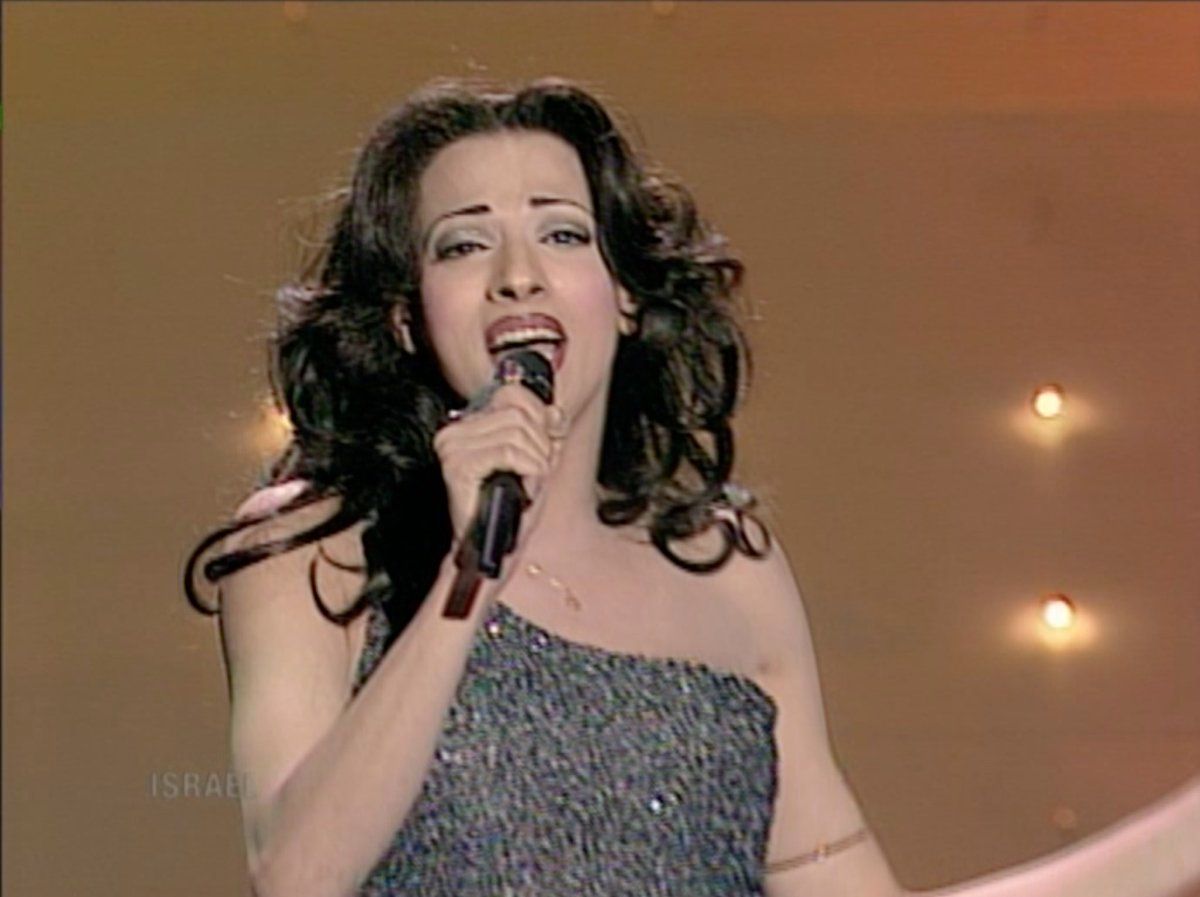
The rights of sexual minorities are an important issue. In 1957, opposite-sex couples were able to kiss each other after a show, but it wasn't until 2013 that two same-sex couples publicly kissed at the contest. Finnish singer Krista Siegfried kisses her backing dancer after the performance. The move was a protest against the Finnish government's policy against legalizing same-sex marriage. Turkey therefore directly suspended the second semi-final.
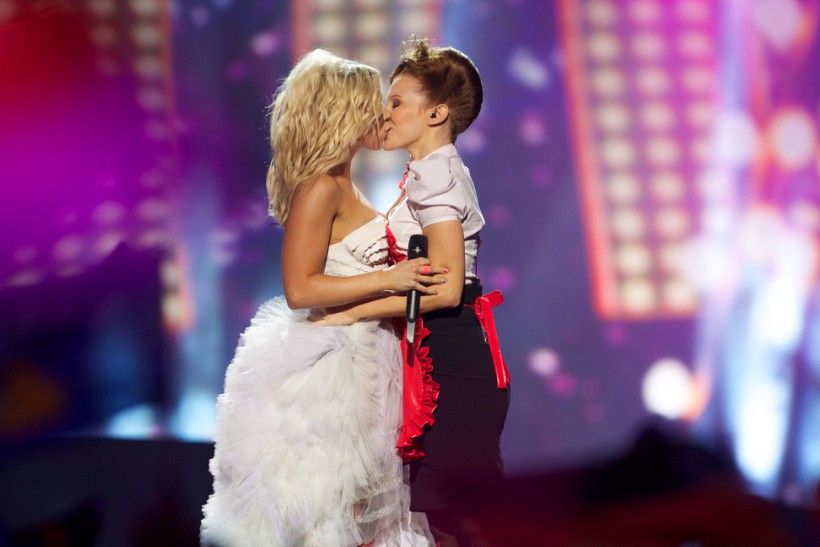
Finland's performances at competitions often attract domestic attention. In 2015, a performance by the Finnish group Pertii Kurikan Nimipaivat focused on the plight of people with disabilities. Four mentally handicapped punks roared their frustrations on stage.
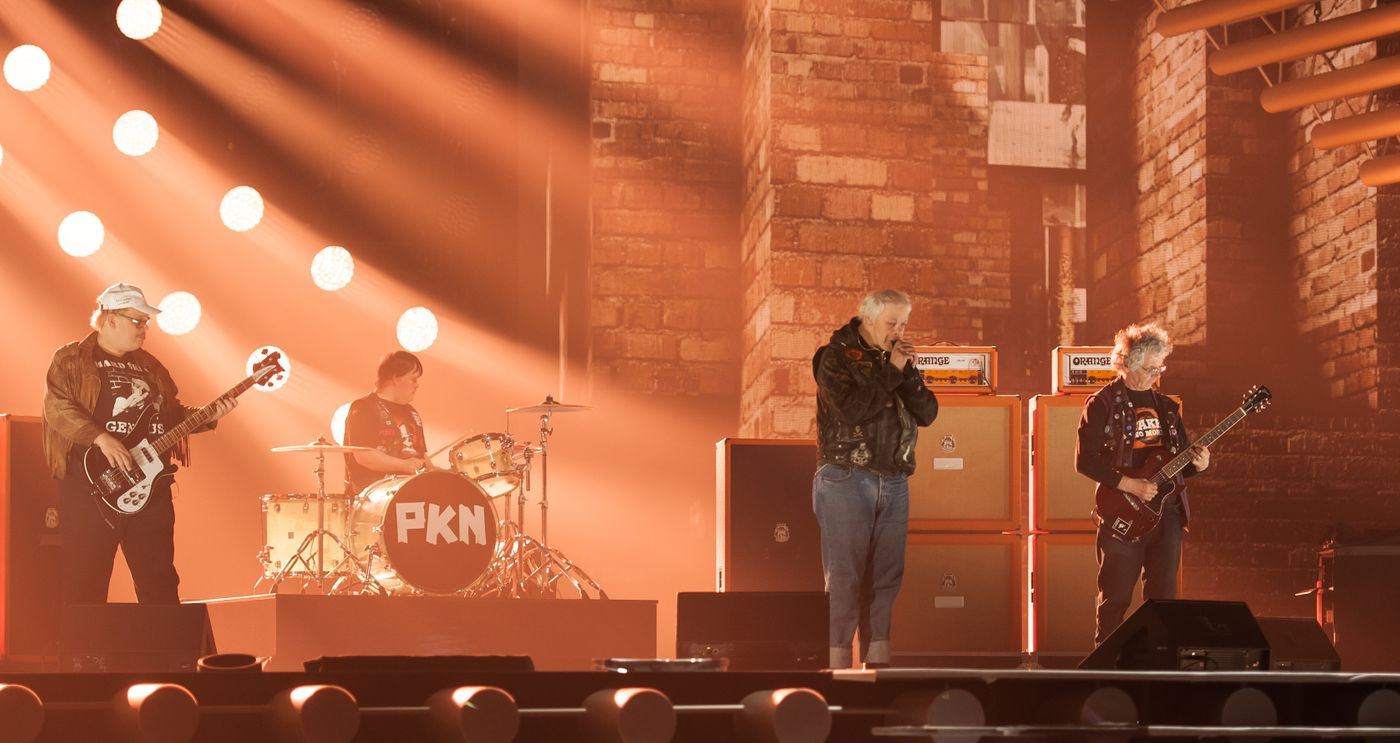
The European Broadcasting Union established the Eurovision Song Contest to improve social cohesion between countries. It is therefore also concerned with the oppression of marginalized groups in countries.
Which song is the best?
Discussions of song quality come up every year. Which song performed particularly well in the contest? In 1962, the Dutch duo De Spelbrekers competed in Luxembourg with "Katinka". Expectations were high for the song, which won the Dutch National Song Contest. But the Netherlands scored zero points that year, and no country voted for it.
Songs from European competitions also frequently top national or international charts. For example, the 1958 song "Flying (Nel blu di pinto di blu)" can still be heard in 2018. It is the most covered song in the Eurovision Song Contest, with covers by David Bowie, Cliff Richard and Dean Martin.
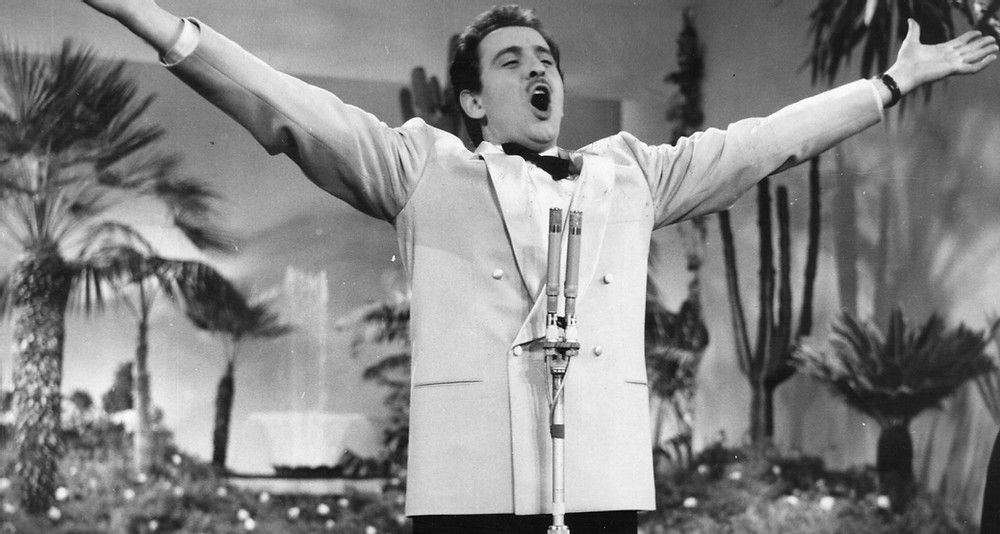
"Flying" is popular because it is easy to sing. This seems to be the golden rule of the Eurovision Song Contest. The 1969 Dutch singer Lenny Kuhr's "Troubadour" was a hit. Although the song is in Dutch, the chorus is easy to chorus, so it stands out.
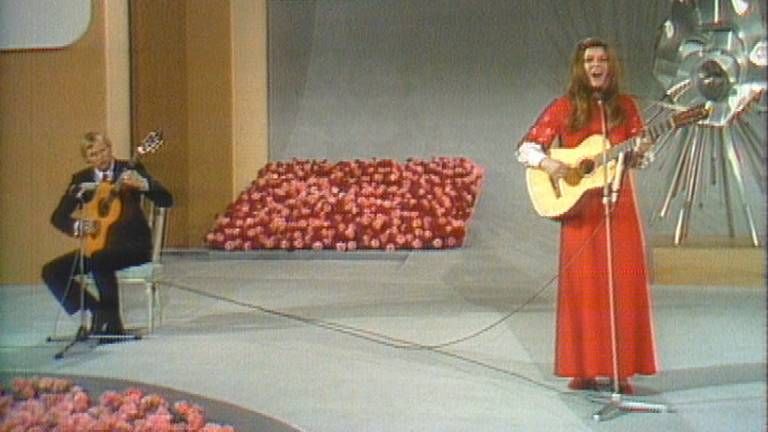
The most successful winner of the Eurovision Song Contest is Swedish pop group ABBA. On April 6, 1974, they took the world by storm with the song "Waterloo". "Waterloo" is a joyous and fast song, especially easy to win the favor of the judges.
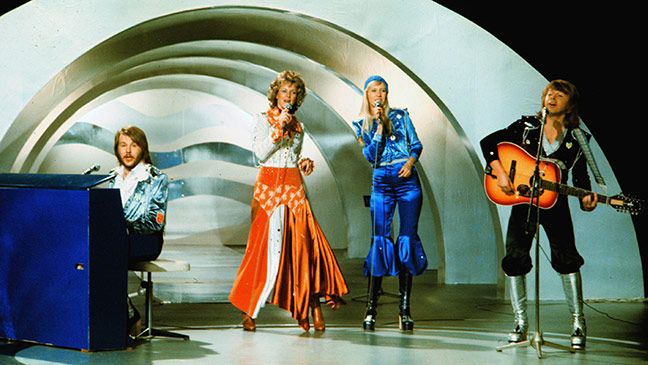
Not only pop singers can win. In 2006, Finnish rock group Lordi turned the contest upside down. Their slogan is: "Make rock fun, make song contest rock". They succeeded, taking the highest score and becoming the 51st champion.
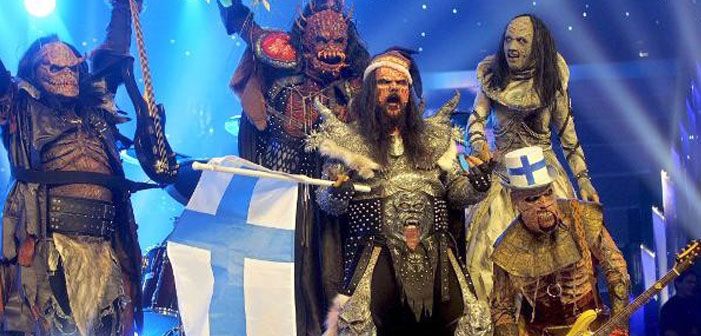
There are serious songs and less serious songs in the contest. In 2012, "Euphoria" by Swiss singer Loreen took the quality of the song to new heights. The song achieved top marks in 18 countries, never before seen such high scores.
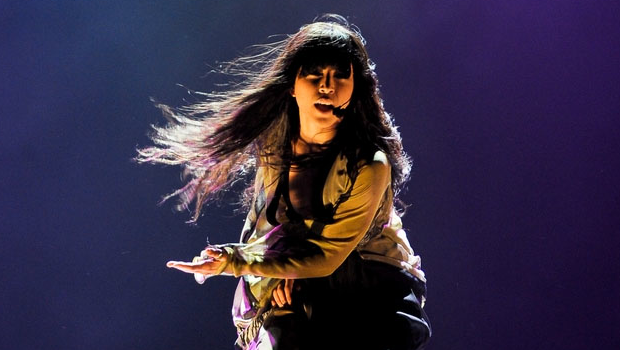
Starting in 2012, the Dutch entries also got serious. In 2013, Anouk entered the top ten. A year later, The Common Linnets finished second. The seriousness of the work is effective. In 2019, Duncan Laurence reclaimed the title for the Netherlands after 44 years. This makes the Netherlands the host country for the 2020 competition. But the Covid-19 pandemic threw preparations into chaos, and the competition was cancelled.
In 2021, the Eurovision Song Contest will continue in Rotterdam, but with a modified format. Singer and composer Jeangu Macrooy will sing "Birth of a New Age" for the Netherlands. By then, there will be 200 million people around the world watching the game.
in short
- In 1956, the European Broadcasting Union organized the first Eurovision Song Contest with the aim of promoting social cohesion in Europe.
- From Franco's manipulation to Russia's boycott, the Eurovision Song Contest quickly became the arena of international politics.
- Winning the championship requires friendly relations with neighbouring countries, as each country has its own preferences.
- France, the UK, Spain, Germany and the host country automatically qualify for the finals, as these countries provide the most financial support.
- The theme of the contest also includes paying attention to minorities and breaking social taboos.
- Competing songs are usually hits.
Like my work?
Don't forget to support or like, so I know you are with me..
Comment…